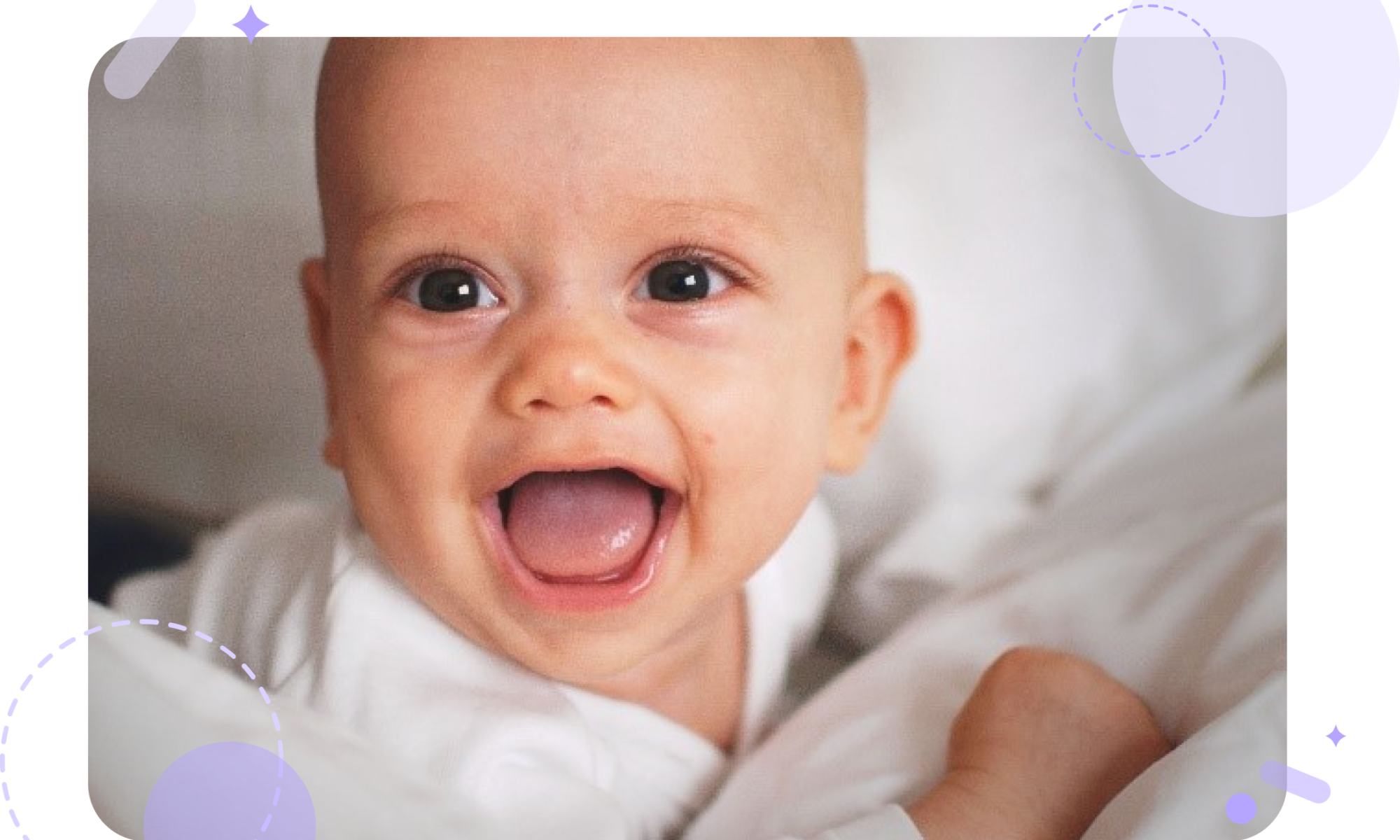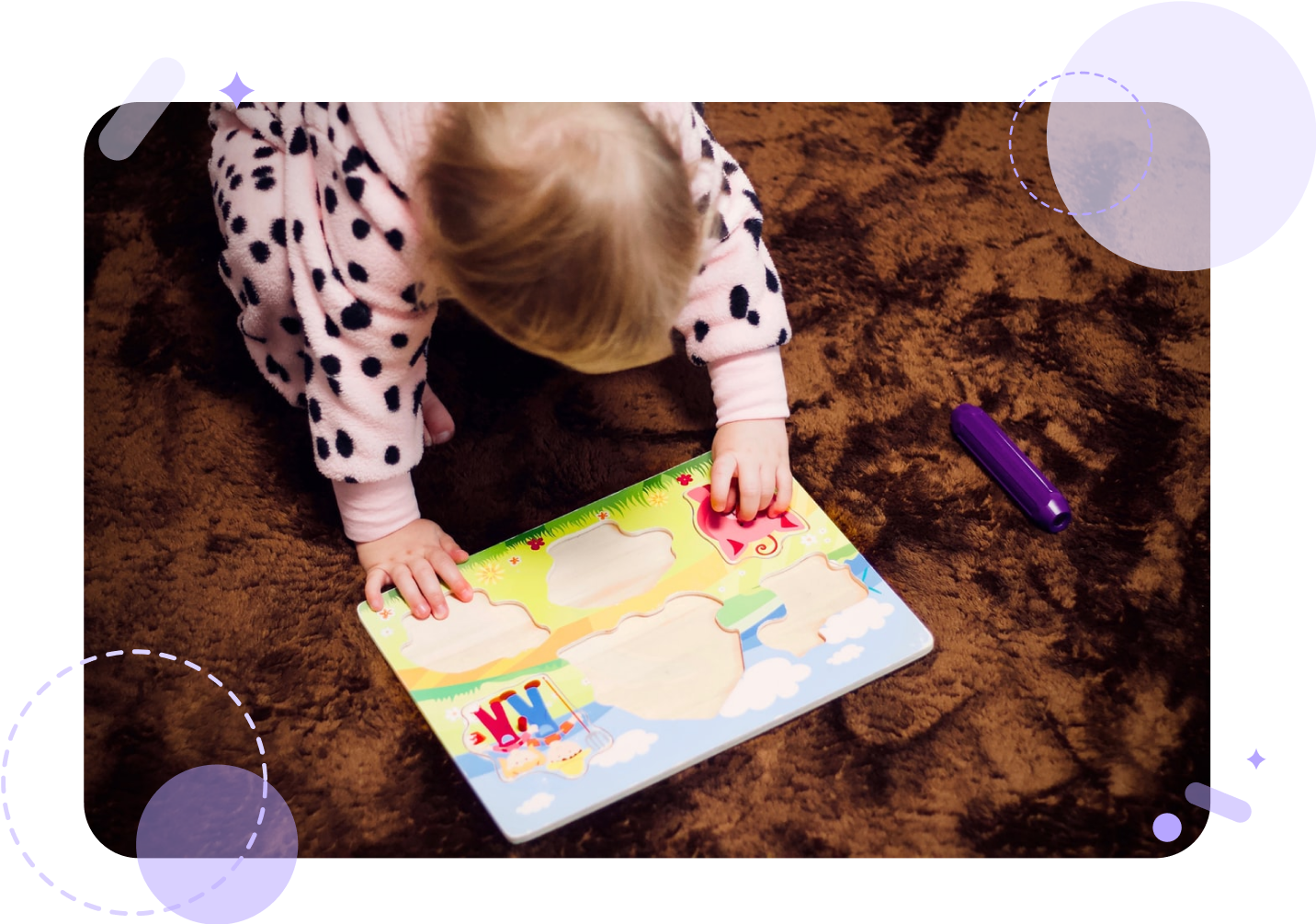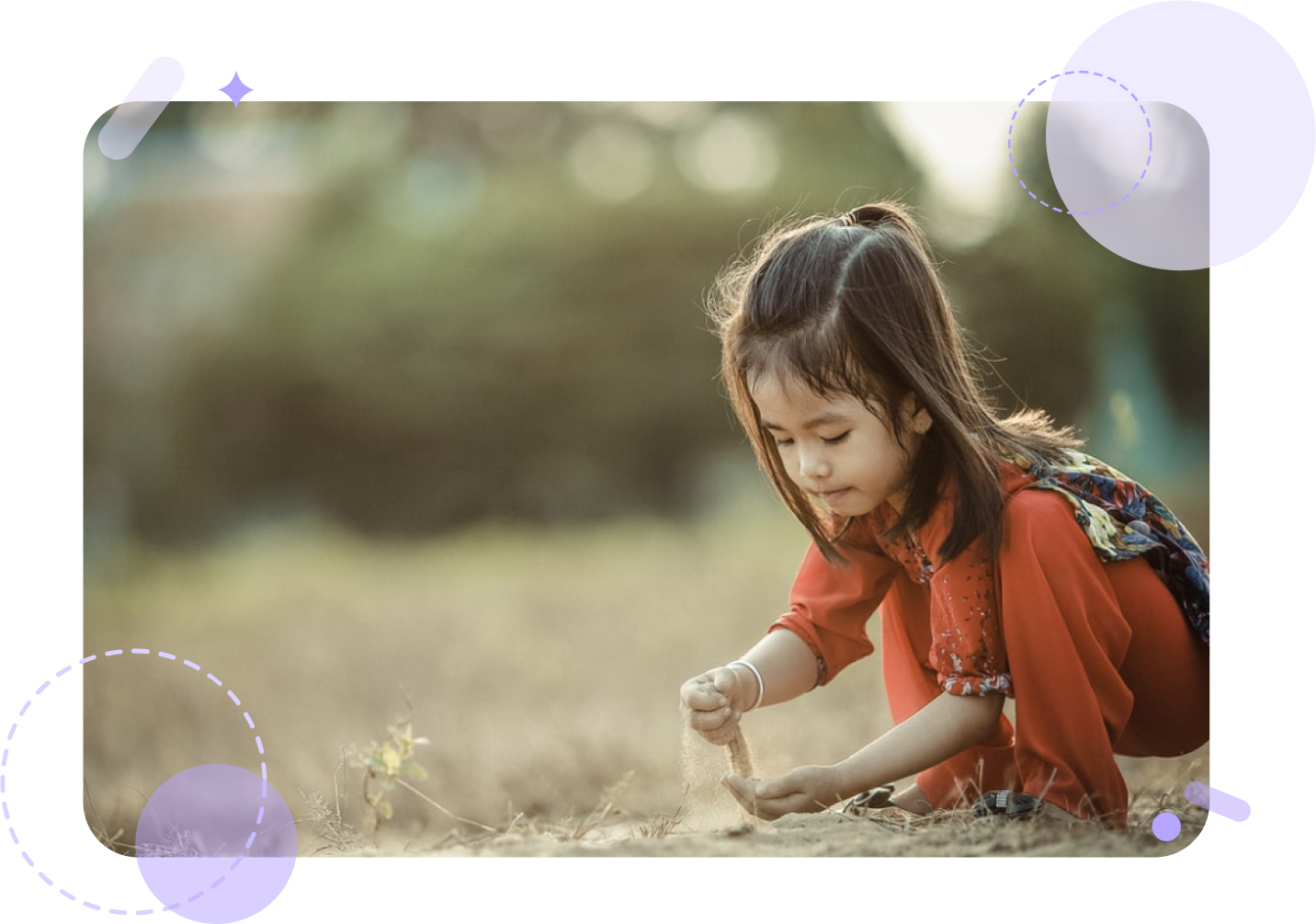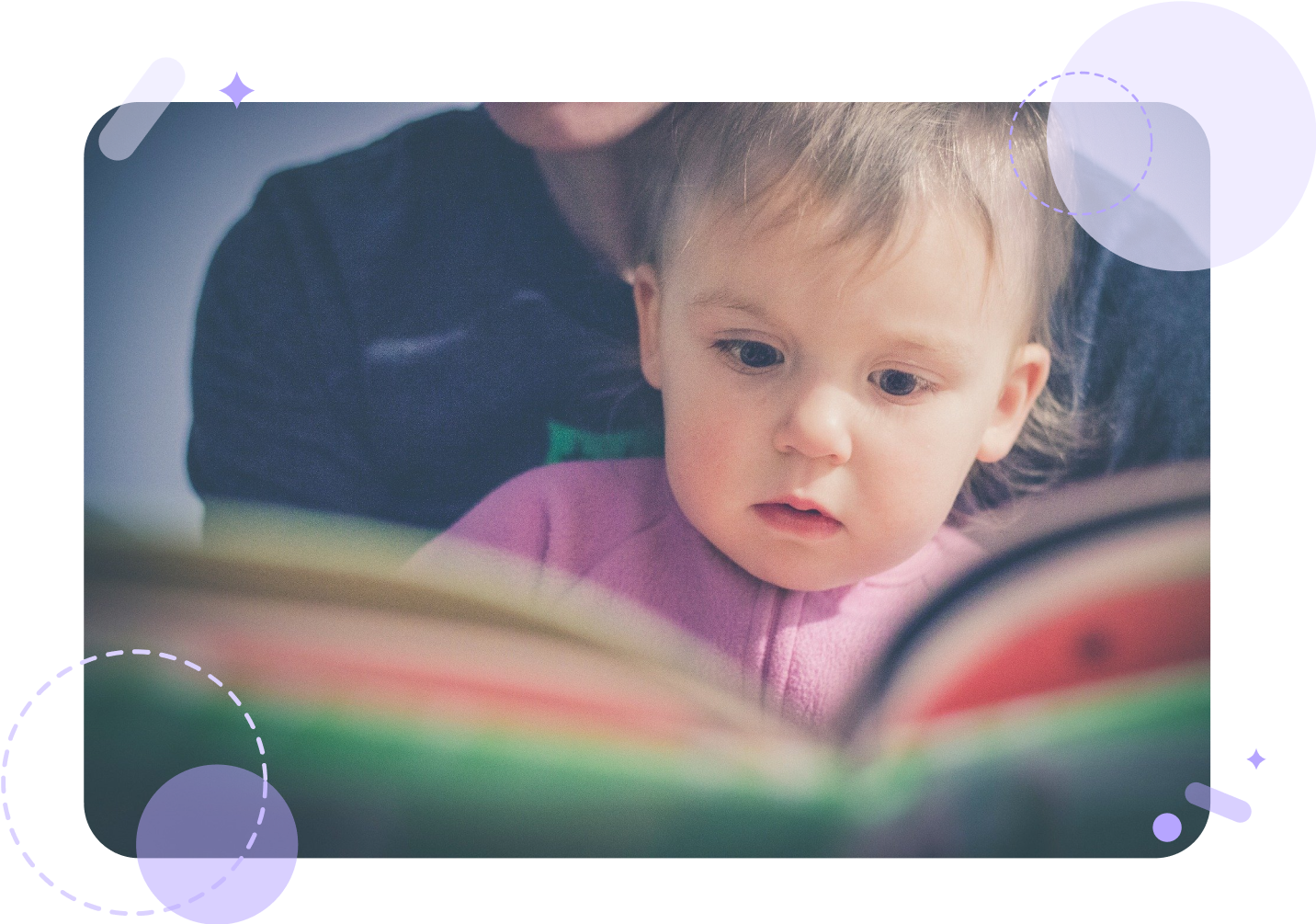
As you look at your baby, it’s hard not to imagine what their minds are able to comprehend at such a young age. You might think you’re the reason for your baby’s grin when you walk in the room and see their face light up. How much can they really understand at three months old? Do they know the meaning of the word “no”? And how do they communicate when they can’t even speak at this young age? Lucky for parents, science has come a long way and extensive research has been done that answers all these questions and more. So, read on to find more about your baby’s awareness level in their first year.
0-3 Months: Your baby will communicate with you mainly through crying during the first two months and they might even begin to smile in response to you. As their senses mature and their brain develops, they will become more aware of their environment. They will enjoy the feeling of different sensations such as being rocked back and forth or being cuddled. Gradually, more of their senses will start becoming integrated into their world experience, making your baby eager to explore and interact with their surroundings.
When your baby nears three months of age, their vision will have developed to the point where they can distinguish their mother’s face from other unfamiliar faces. This is based on their improved vision as well as the ability to combine different sensory inputs such as a mother’s scent or the feeling that comes with being held by the mother.
You’ll also notice that your baby is easily startled by noises such as sudden loud conversations, a door slamming shut, and other loud noises that might occur around them. This is due to a reflex called the “Startle Reflex” which makes your baby more startled to such noises when they cannot locate the source of the sound.
3-6 Months: After three months of age, your baby will no longer be startled by sounds as the Startle Reflex usually disappears. By now, your baby has developed the ability to locate sounds as their neck muscles strengthen and they are able to turn their heads to try and locate the source of sounds they hear. This points to the development of their sense of direction, which will further improve in the coming weeks.
After four months of age, your baby’s senses will strengthen as your baby continues to develop their social and emotional skills. At this stage, your baby will have a high awareness level and enjoy different sensations such as the splashing of water during a bath or when being fed. This is a result of your baby developing familiarity and understanding that the caregiver is aiding and thus, starts to cooperate and enjoy the attention as their emotional skills develop. In addition, your baby’s fine and gross motor skills are now entering a stage where they can significantly and purposefully interact with their surroundings. This will not only further improve their motor skills but will also start forming the foundations for the development of their cognitive skills. Cause and effect will start being observed by your baby in some of their repeated physical interactions and the first patterns of recognition which will enhance your baby’s knowledge of the world.
After five months of age, your baby will progress from making vowel sounds to adding consonants. Be prepared to hear their first words around this time! Similar to the four-month period, repetitive and augmented physical interaction developed mainly through constantly improving hand and finger functions, will further drive both their physical and cognitive skills.
6-9 Months: After six months and before nine months of age, you will notice different characteristics about your baby’s personality:
- They will laugh at little dances and funny gimmicks that you will attempt to get your baby to smile.
- Your baby might become more partial to a particular toy or snack.
- Your baby can now sit upright without any assistance.
- Your baby will most likely also begin to exercise their curiosity by exploring their environment through crawling.
Your baby will also begin to distinguish between some words and even comprehend what they mean. For example, your baby will know what “no” means – even if they are reluctant to follow the meaning of that word! Your baby will still rely on physical communication as a form of expression. For example, they will love shaking toys or stuffed animals to communicate their excitement.
At this stage, they will start to learn by observing and begin to imitate gestures around them. Since they cannot speak yet and can only make indistinguishable sounds, they will use their hands and mouth to make sense of their surroundings. The mouth area is full of touch receptors in addition to taste receptors, so it is the perfect tool for a thorough exploration of the physical world. That is why your baby might like picking up all kinds of objects, like the remote control or the car keys, and putting them in their mouth. Try to ensure such objects that are easily accessible to your baby are clean and of an acceptable size to prevent your baby from swallowing it.
9-12 Months: During this stage, babies will have developed their skills to the point where they can do some functions independently. Not only are they able to sit and crawl, but they will also most likely be able to stand on their own. As they near 12 months of age, they will also be able to develop spatial awareness regarding their bodies and physical location.
Your little one will always amaze you with the things they will gradually begin to do. As a parent, seeing your baby accomplish all these different milestones will not only bring you joy but will also be an important indicator of their growth. With the Marble app’s tracking capabilities, you can parent with confidence and keep track of all these special moments.
 Back
Back

